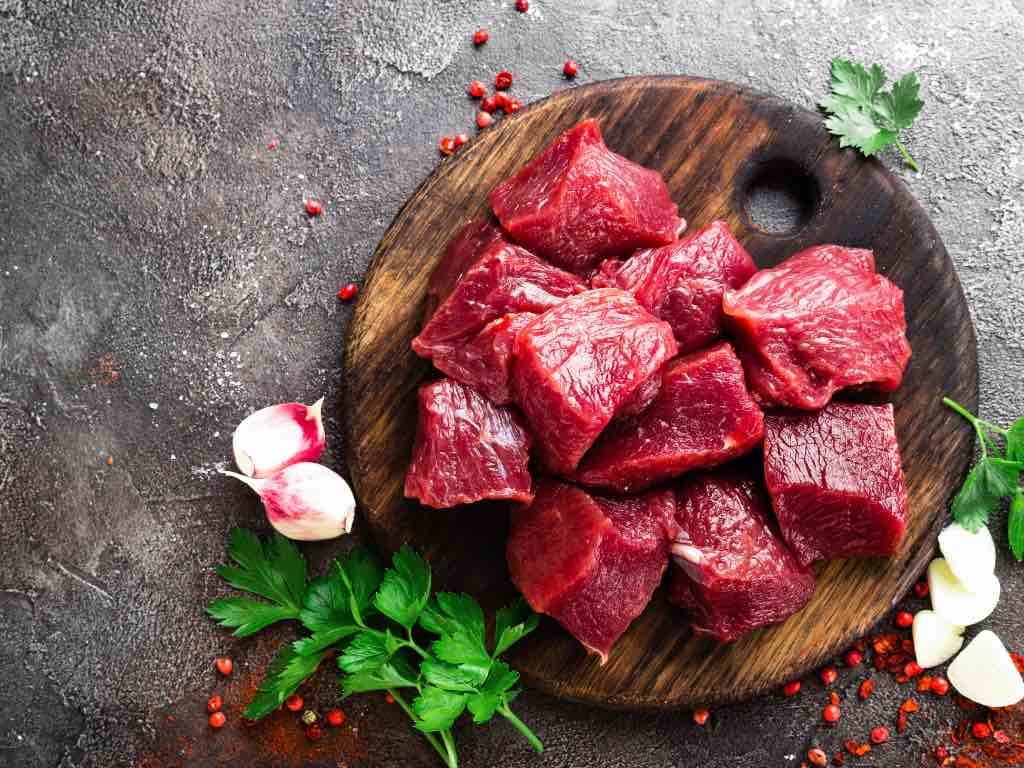
Exploring the Cultural Significance of Halal Beef Meat
|
|
Time to read 5 min
Welcome to One Stop Halal!
Written by: Samir P.
|
|
Time to read 5 min
Understanding different dietary practices is crucial in today's globalized world, where diverse cultures intertwine and intersect. One such dietary practice, deeply rooted in Islamic tradition, is consuming halal meat, including halal beef. Beyond mere culinary preferences, halal meat carries significant cultural, religious, and ethical implications. In this blog, we delve into the meaning of halal beef meat, its significance, the principles guiding its production, and its impact on consumers and the industry.
The most crucial aspect of halal meat production is the method of slaughter, known as "Zabiha." According to Islamic law, animals must be slaughtered by a Muslim who invokes the name of Allah (God) at the time of slaughter. The slaughtering process involves swiftly cutting the animal's throat with a sharp knife, severing the jugular veins and carotid arteries while ensuring minimal pain and distress to the animal.
Islamic teachings emphasize compassion and respect for animals. Therefore, the welfare of animals in halal beef production is paramount. Animals must be treated humanely throughout their lives and provided with proper food, water, and living conditions. Furthermore, any form of mistreatment, such as beating or causing unnecessary pain, is strictly prohibited.
Halal beef must be free from any substances considered Haram (forbidden) in Islam. This includes alcohol, blood, pork, its by-products, and other impurities. Additionally, the use of stunning techniques or methods that cause the animal to die before slaughtering is not permissible in halal meat production.
In conclusion, while the halal beef meat industry continues to expand and evolve, addressing challenges such as certification standardization, supply chain integrity, and cross-contamination is crucial for sustaining growth and meeting the diverse needs of consumers worldwide. Embracing innovation, collaboration, and transparency will be critical drivers for the future success of the halal beef industry.
Welcome to your favorite butcher shop. We carry custom cuts of beef, chicken, lamb, goat, grass-fed beef, wagyu, deli, and more. We ship across the United States in 1-2 business days.
In conclusion, halal beef meat holds profound religious, cultural, and ethical significance for Muslims around the world. Its production involves adherence to strict guidelines and principles, ensuring compliance with Islamic dietary laws and ethical standards. For consumers, choosing halal beef is not only a matter of religious observance but also a reflection of their values, beliefs, and trust in the integrity of the product. As the halal meat beef industry continues to evolve, addressing challenges and ensuring transparency and authenticity will be crucial in meeting the growing demand and upholding the principles of halal production.

© 2026 One Stop Halal, Inc.